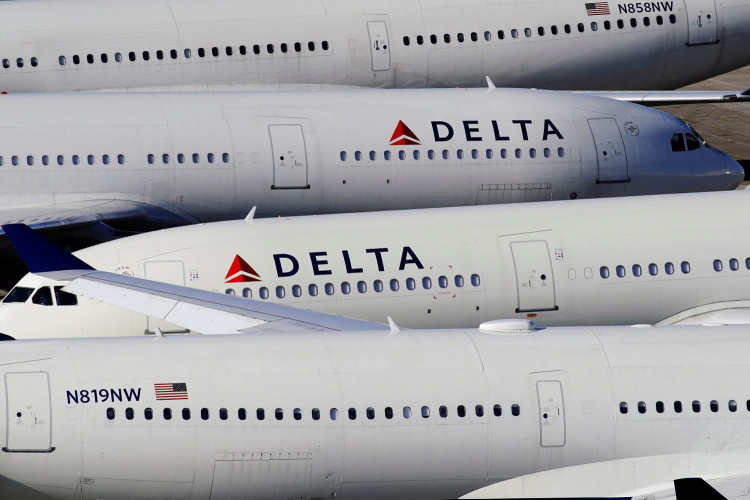Delta Air Lines announced on Thursday that it will reduce its summer schedule by approximately 100 flights per day in order to prevent delays and "recover from obstacles more quickly."
The airline cited increased demand and the difficulties of "rebuilding Delta's full-scale business" in its announcement of reductions to its daily departures between July 1 and August 7, which will predominantly impact U.S. and Latin American markets.
Delta Airlines stated that it would continue to make schedule adjustments in the following weeks.
Allison Ausband, chief customer experience officer, said in a statement, "The multiple variables now hurting our operation are resulting in an operation that is not consistently up to the standards Delta has set for the industry in recent years."
Delta is hardly the first airline to reduce its summer schedule for operational reasons.
JetBlue announced in April that it would reduce its summer schedule by 8 to 10 percent due to "continuing industry headwinds."
Alaska Airlines shortened its schedule by around 2% through June in order to match "pilot capacity."
Delta has issued a travel waiver for the Southeast and Northeast for Memorial Day weekend, valid from May 26-28, citing forecasts of bad weather in those regions. The affected airports are listed on Delta's website in the waiver.
When rebooked travel happens before May 31, any fare differences will be waived.
The decision comes as the airline prepares for a busy summer by, among other things, collaborating with the Federal Aviation Administration to improve air traffic management, adding hundreds of new crew members each month, and implementing initiatives to improve its on-time performance.
This number has increased by about a quarter compared to the same period in 2018 and is quickly approaching the holiday travel numbers for 2019 via air.
AAA predicts that 39 million individuals will travel at least 50 miles from home during the holiday season.
Delta's chief customer experience officer, Allison Ausband, cited a number of issues for the airline's inability to regularly meet its targeted operating level, including an increase in sick calls due to COVID-19, inclement weather, and vendor manning.
Ben Minicucci, CEO of Alaska Airlines, apologized in a YouTube video on May 13 for the widespread flight cancellations caused by the pilot shortage.
The airline announced last month that it would cut its schedule through June by 2 percent to "meet our present pilot capacity," but Minicucci said the airline still lacked 63 pilots.
Alaska is employing 150 new pilots, 200 additional reservation agents, and 1,100 flight attendants to boost summer reliability.





